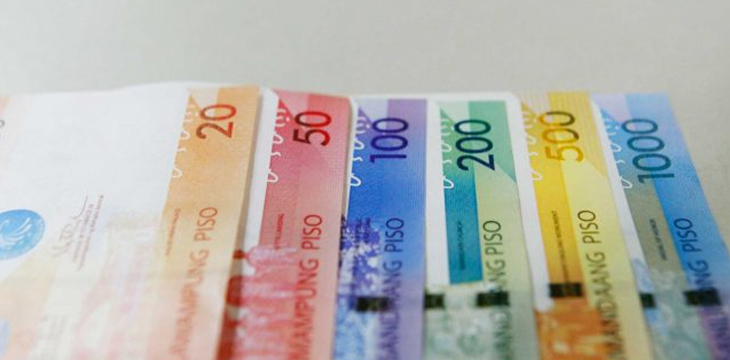
|
Getting your Trinity Audio player ready... |
The Philippines’ Securities and Exchange Commission (SEC) is now looking to finalize rules guiding cryptocurrency exchanges and initial coin offerings (ICOs) by the first half of the year. Local news outlet BusinessWorld reported that Luis Amatong, the SEC Commissioner, expected the guidelines to be out before June.
Last August, the commission released its draft guidelines for ICOs, with the guidelines for exchanges expected the month after, but this did not materialize.
Amatong said his commitment to the agency’s chairman Emilio Aquino “is even earlier” than June. “We really just weren’t able to focus on it before Christmas,” he said.
According to BusinessWorld, the SEC has wrapped up its second round of public discussions on the rules for ICOs, which will help the commission determine if an asset is to be considered as securities under its control.
The guidelines require token issuers to file applications with the SEC, including the submission of a whitepaper detailing the token’s properties. Another proposed provision requires an issuer’s personnel to acquire clearance from the Philippine National Police and the National Bureau of Investigation. Anti-money laundering (AML) and know-your-customer (KYC) requirements are also outlined, based on international standards.
Another proposed rule places a minimum 45-day period in between registration with the commission and the pre-sale of tokens.
The SEC has said it was deferring the finalizing of the rules, as it needed more time for consultations on the matter.
For virtual currency exchanges (VCEs), Amatong expected draft guidelines to soon be ready, which will be the basis for public meetings.
The commission is said to be taking its cue from cryptocurrency exchange regulations in the U.S., Australia, and Switzerland. Furthermore, oversight of exchanges will be conducted in coordination with the Bangko Sentral ng Pilipinas (BSP), which released its circular on exchanges back in February 2017. The circular requires registration with the central bank, as well as the filing of quarterly and annual reports.
In differentiating the BSP’s functions from the SEC’s, Amatong has said that the central bank dealt with money changing operations, while the SEC handled the exchanges as trading platforms.
Recommended for you
Lorem ipsum odor amet, consectetuer adipiscing elit. Elit torquent maximus natoque viverra cursus maximus felis. Auctor commodo aliquet himenaeos fermentum
Lorem ipsum odor amet, consectetuer adipiscing elit. Accumsan mi at at semper libero pretium justo. Dictum parturient conubia turpis interdum

 11-22-2024
11-22-2024


